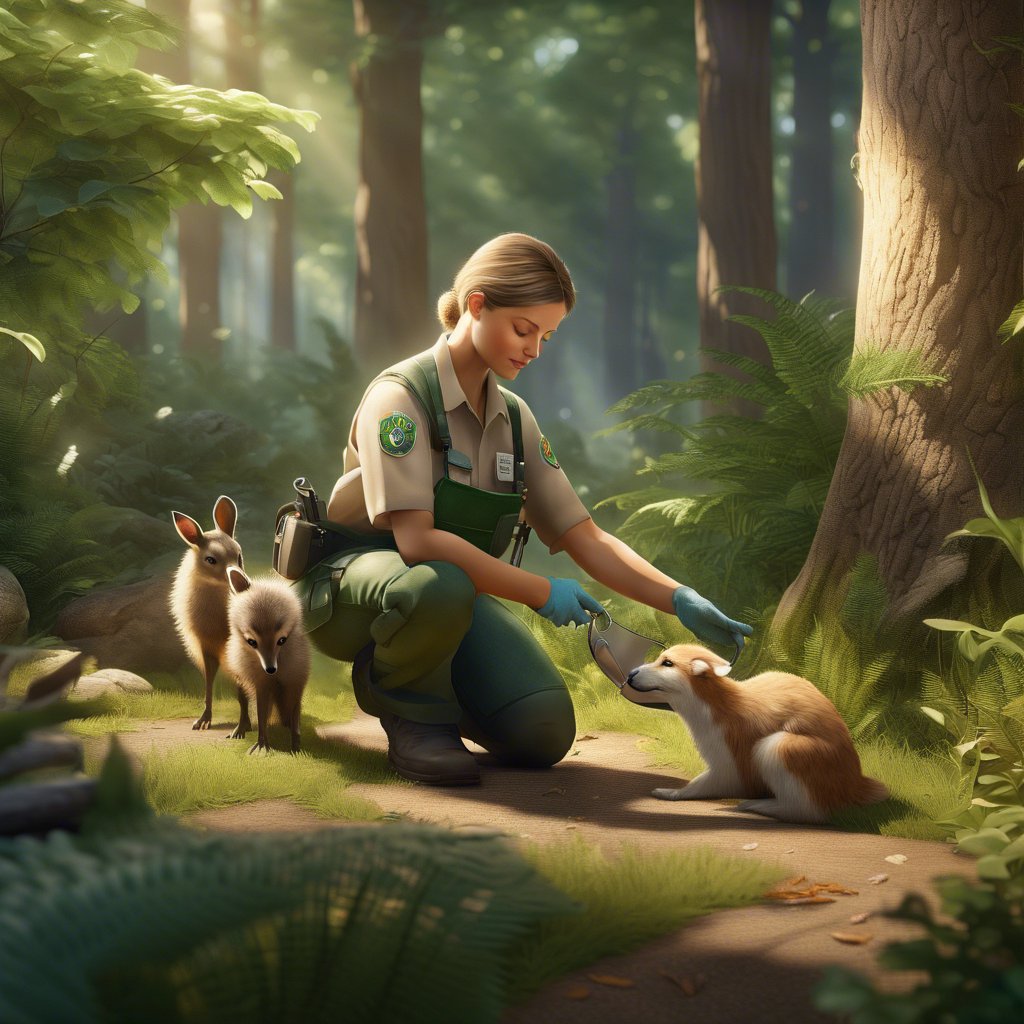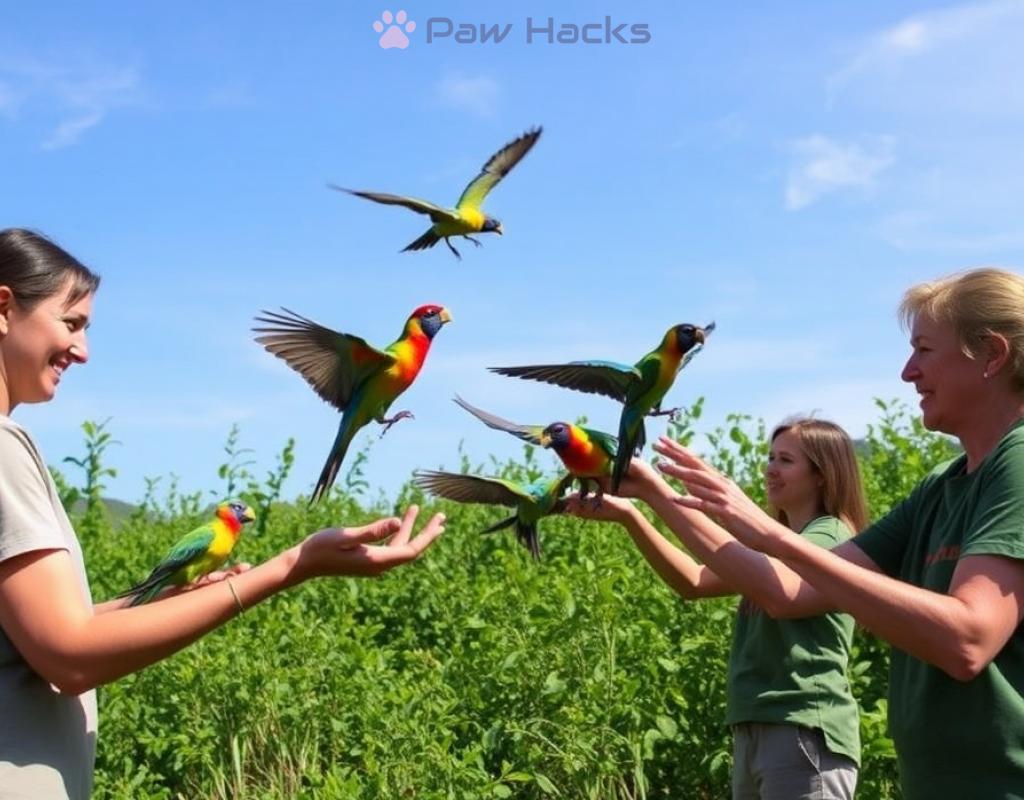Rescuing Wildlife: When and How to Help
When to Step In

As stewards of the planet, we often find ourselves in situations where our compassion for wildlife is called into action. Whether it’s a bird with a broken wing, a turtle stranded on a busy road, or a baby deer left alone in a field, knowing when to intervene can be crucial. It’s essential to recognize signs of distress in animals, as some situations may require immediate action while others might benefit from a more hands-off approach.
Being aware of local wildlife and their behaviors can significantly assist you in identifying when they need help. Pay attention to their actions and surroundings—this knowledge can guide your decision-making process.
How to Help: A Compassionate Approach
Helping wildlife in distress is not just about what you do; it’s about how you do it. The approach you take can make a significant difference in the outcome for the animal. Here are some essential steps to consider before taking action:
- Assess the Situation: Determine if the animal is truly in need of assistance. Is it injured, orphaned, or in immediate danger? Sometimes, leaving the animal alone is the best course of action.
- Research Local Wildlife Rehabilitators: Before attempting to rescue an animal, know who to call. Local wildlife rehabilitators have the skills and resources to provide the necessary care.
- Handle with Care: If you must intervene, do so with caution. Use gloves or a blanket to minimize stress for the animal. Remember, they are scared and may react unpredictably.
- Transport Safely: If you need to move the animal, ensure it is secure and comfortable during transport. A well-ventilated box can serve as an excellent temporary carrier.
The Impact of Your Actions
Every action taken to protect wildlife contributes to a broader movement towards conservation and awareness. By educating ourselves and others, we can foster a community that prioritizes the well-being of our planet’s inhabitants. Your willingness to help can inspire others to act, creating a ripple effect of kindness and responsibility towards wildlife.
Remember, every small effort counts. Whether you’re saving a single bird or advocating for habitat conservation, your actions can make a tremendous difference. Let’s unite in our efforts to rescue wildlife, ensuring that we leave a thriving planet for future generations.
Share this content:



